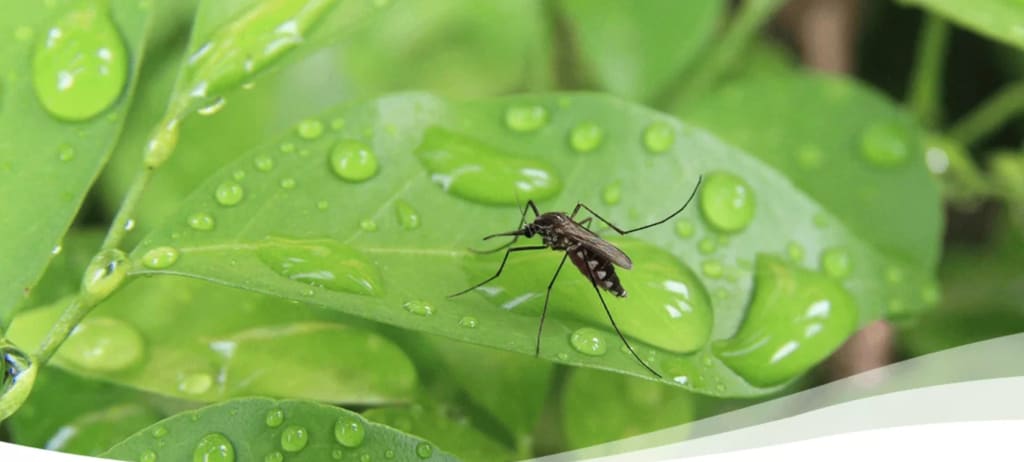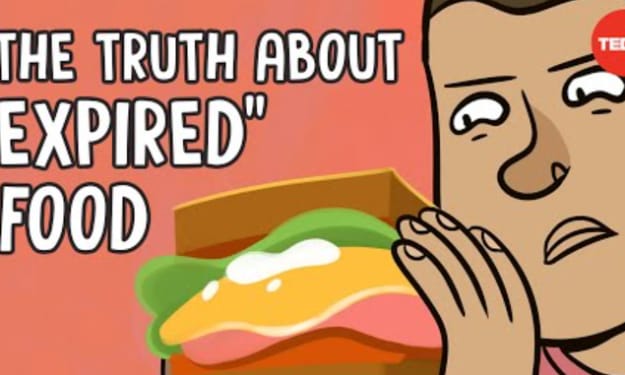
Deep in the heart of Brazil, amidst the lush greenery of the Amazon rainforest, lies a facility that could change the course of human history. It's not a research lab or a top-secret government facility—it's a mosquito factory. And it's about to unleash a swarm of 5 billion mosquitoes into the wild, each one infected with a deadly payload. But before you reach for the bug spray, hold on tight, because this isn't the beginning of a dystopian nightmare—it's the dawn of a new era in science.
Let's be honest, mosquitoes aren't exactly anyone's favorite creatures. With their incessant buzzing and those infuriatingly itchy bites, they're more than just a nuisance—they're a menace. But what's truly terrifying is their deadly reputation. These tiny bloodsuckers are responsible for more human deaths than any other creature on the planet. Diseases like malaria, dengue fever, and Zika virus are just a few of the deadly payloads they carry, making them the deadliest animals to humans, hands down.
Given the havoc they wreak, it's natural to wonder: why not just get rid of them? After all, wouldn't the world be a better place without these disease-spreading pests? Well, that's exactly what some scientists have been pondering. And according to an analysis by Nature Journal, the world might not miss mosquitoes all that much. Sure, they play a role in certain ecosystems, like providing food for birds and fish, but very few species rely solely on mosquitoes for survival. And while they do dabble in pollination, they're hardly essential for human life.
But wiping out mosquitoes entirely is easier said than done. And even if we could pull it off, what would the consequences be? That's where the idea of making more mosquitoes comes in—an idea that might sound downright crazy at first, but bear with us.
You see, scientists have stumbled upon a game-changing discovery: a little bacterium called Wolbachia. This microscopic hero has been flying under the radar in the world of mosquito biology for over a century. But now, it's taking center stage as a potential weapon in the fight against mosquito-borne diseases.
Here's how it works: by infecting mosquitoes with Wolbachia, researchers have found that they can effectively neutralize the threat of diseases like dengue fever and Zika virus. When infected mosquitoes mate with uninfected ones, they pass on Wolbachia to their offspring, creating a new generation of disease-resistant mosquitoes.
And the results are nothing short of astounding. In areas where Wolbachia-infected mosquitoes have been released, cases of dengue fever have plummeted by as much as 95%. Take Colombia's Aburra Valley, for example. Since modified mosquitoes were set loose there in 2015, rates of dengue fever have dropped to their lowest levels in two decades.
But what about the risks of unleashing a horde of Wolbachia-infected mosquitoes into the wild? It turns out, about half of all insects naturally carry Wolbachia, including the common house mosquito that we're all too familiar with. And so far, there's been no evidence to suggest that Wolbachia poses any harm to humans or other creatures.
Of course, Wolbachia isn't a silver bullet—it's just one piece of the puzzle. Other measures, like vaccines and mosquito control efforts, are still important. But in the grand scheme of things, Wolbachia could be a game-changer. It has the potential to save millions of lives and spare countless others from the misery of mosquito-borne diseases.
So here's to the scientists and researchers who are working tirelessly to make our world a safer, healthier place. Their groundbreaking work is a shining example of how innovation and ingenuity can turn the tide against even the deadliest of foes. And who knows? Maybe one day, we'll look back on this moment as the beginning of the end for mosquitoes—and the start of a new era in public health.
About the Creator
ava
The future belongs to those who prepare for it today






Comments
There are no comments for this story
Be the first to respond and start the conversation.